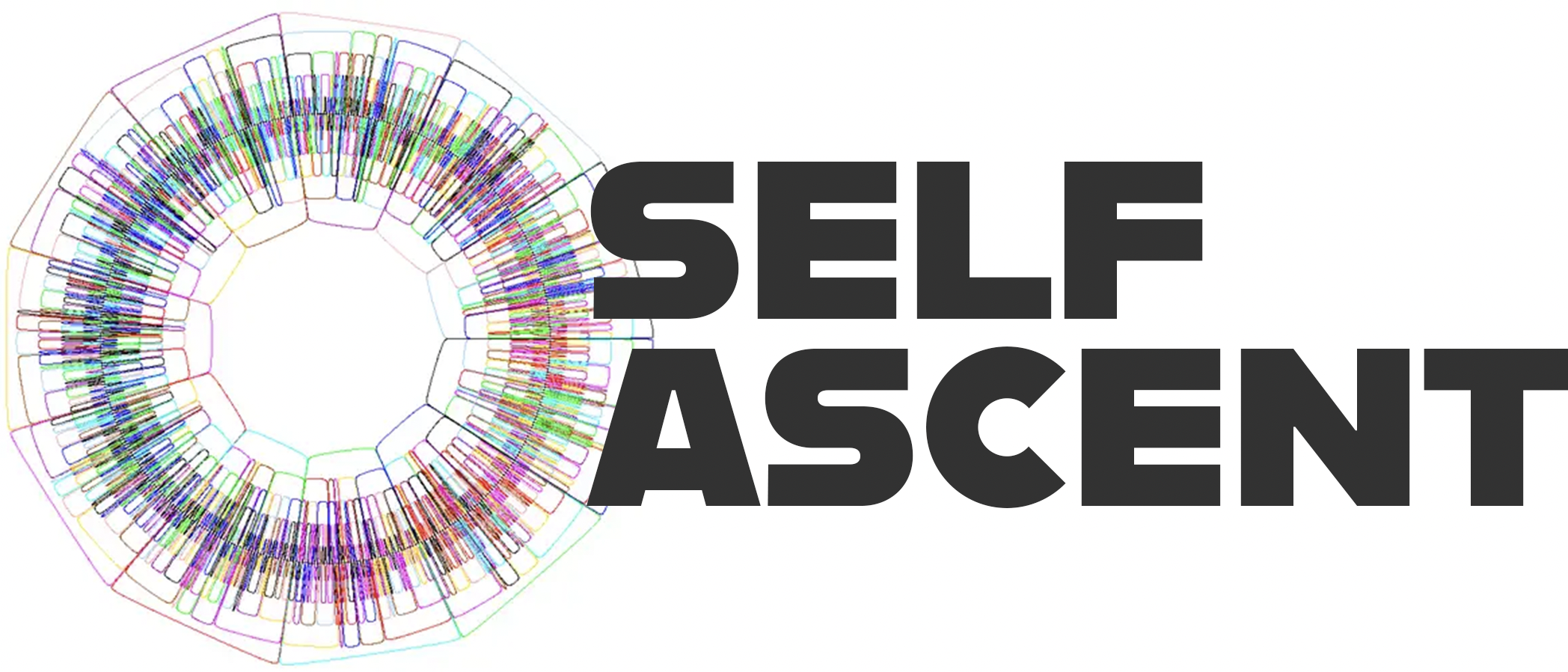Why Read It
“Depth Psychology & A New Ethic,” by Eric Neumann is a towering work worthy of deep exploration. In this book Neumann illuminates the basic tent of the Perennial Philosophy. That there exists an unconscious that springs forth from the divine ground of being that must be integrated on an individual and collective level, in order for full, healthy, optimal existence to unfold. This book puts forth the notion that humanity must undergo a collective transformation of consciousness and leave behind the “Old Ethic” and move into the “New Ethic”, which is basically a movement away from ego-dominated consciousness toward a consciousness wherein the “I-principle” is a flowering of the True Self.
Carl Jung wrote a glowing note of endorsement to Neumann, saying, “…I have read your book once more. Again it made a very strong impression on me and with that gave me the certainty that its effect would be like a bomb. Your formulations are brilliant and of piercing precision; they are challenging and aggressive, an avant-garde in open country where, alas, nothing was visible before. Your book will be a petra scandali, but also the most powerful impulse for future developments. For this I am profoundly grateful to you.”

Overview
Key Takeaways
- Integration of Psychology and Ethics: Neumann’s central premise is the integration of depth psychology and ethical considerations. He suggests that a deeper understanding of the unconscious and psychological motivations can inform a more conscious and responsible ethical framework.
- Unconscious Influences: Neumann explores how unconscious processes, including desires, fears, and complexes, influence our actions and decisions. By bringing these hidden motivations to conscious awareness, we gain insight into our behavior.
- Empathy and Compassion: Neumann advocates for empathy and compassion as essential ethical qualities. Understanding our own psychological struggles enhances our capacity to empathize with others and treat them with greater understanding and kindness.
- Interconnectedness: The book highlights the interconnectedness of all life. Neumann suggests that recognizing our shared humanity fosters a sense of responsibility towards others and the world.
- Harmony with the Perennial Philosophy: Neumann’s ideas align with the perennial philosophy, which seeks underlying truths in diverse spiritual and philosophical traditions. His exploration of the psyche and ethics resonates with the perennial philosophy’s emphasis on interconnectedness and self-realization. Neumann seeks to uncover universal ethical principles that transcend cultural and historical contexts.



























